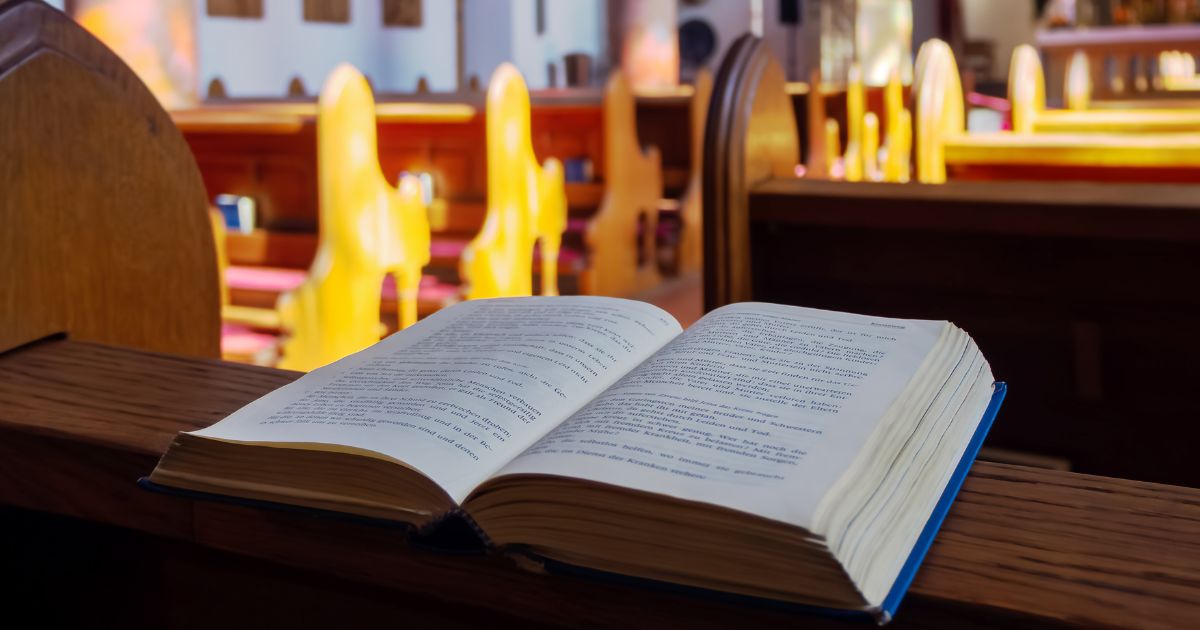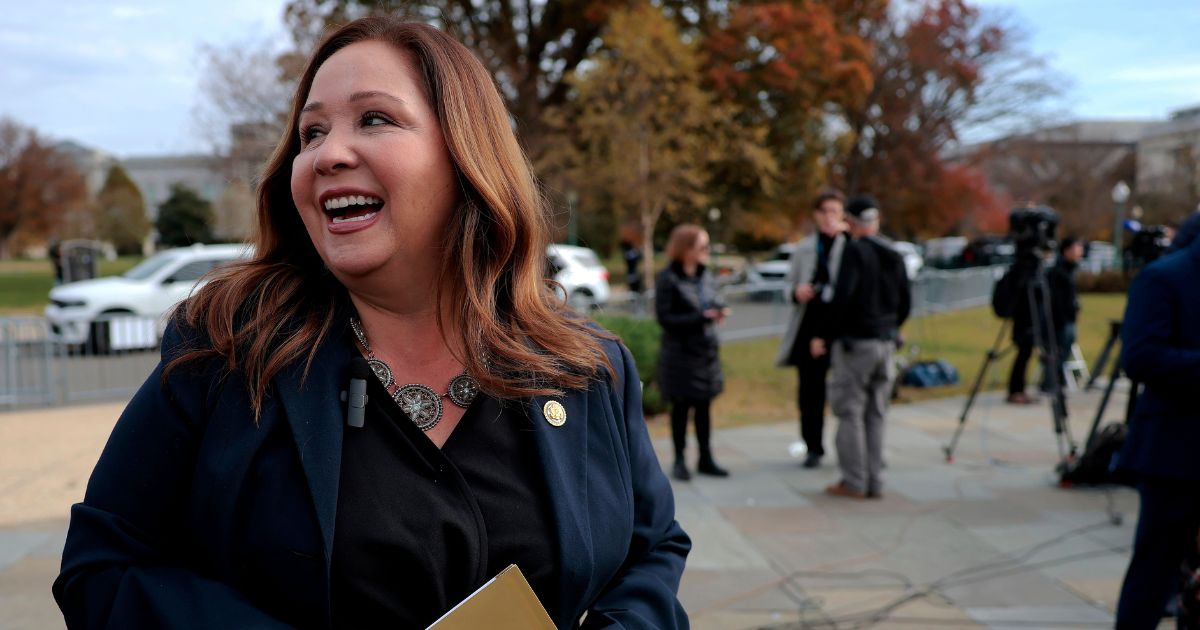Indonesian Christian Minority Under Threat from New Blasphemy Laws
Indonesia is set to expand its blasphemy laws, raising concerns among its Christian minority that these laws might be exploited by segments of teh Muslim majority. The country has had blasphemy laws as 1965, adn even though its constitution protects six recognized religions, including Christianity, the new regulations will increase the blasphemy code from one article to six, taking effect in January 2026. These laws will apply to both Indonesian citizens and foreigners.
Critics warn that the laws could be abused by intolerant local officials,especially in provinces where radical Islamic groups influence politics.Ther have been instances of church closures and attacks in such areas, with persecution often driven by fears of Christianity’s growth in the predominantly Muslim nation. Christians account for about 11% of Indonesia’s population, while Muslims make up roughly 85%.
Notable recent blasphemy cases include the 2017 imprisonment of Jakarta’s Christian governor Basuki Tjahaja Purnama and a 2019 case where a Buddhist woman was sentenced for complaining about mosque prayer call volumes. Organizations like Open Doors highlight that Christian leaders and converts are notably vulnerable to attacks and legal actions under these laws, especially in regions like West Java and Aceh.
As Indonesia is poised to expand its blasphemy laws, members of the Asian nation’s sizable Christian minority are warning that they could be used as a cudgel by portions of the Islamic majority.
Indonesia has enforced blasphemy laws since 1965, and although the Indonesian constitution protects six religions, including Protestantism and Roman Catholicism, the expanded regulations may alter the legal landscape.
The new laws will take effect next year, expanding the blasphemy code from one to six articles, according to a Thursday report from International Christian Concern.
A new penal code, applicable to both Indonesian nationals and foreigners, will take effect in January 2026. Part of this new code consists of updated blasphemy regulations. #Christian #Persecution #News #Indonesiahttps://t.co/6Mv5DTjf7n
— International Christian Concern (@persecutionnews) September 25, 2025
They would also recognize “any living law,” meaning that “intolerant or exploitative local officials could quite easily abuse” blasphemy laws, according to the watchdog ministry.
Beyond citizens of Indonesia, the laws would also apply to foreigners.
Some local provinces dominated by Islam have been known to weaponize the blasphemy laws.
“There are several notorious provinces where church closings and attacks happen more frequently,” an Indonesian Christian identified as “Andreas” told International Christian Concern.
The group changed his name in their report to conceal his identity.
“Andreas” attributed the legal hostility to “the fear of Christianity.”
The worship of the Triune God has been growing rapidly in Indonesia, especially in the second half of the twentieth century, according to a report from The Christian Post.
Roughly 11 percent of the Indonesian population is Christian, but 85 percent remains Islamic.
There are at least a few examples of prominent blasphemy prosecutions in recent Indonesian legal precedent.
Basuki Tjahaja Purnama, a Protestant Christian, served as the governor of Jakarta, the nation’s capital city. In 2017, he was sentenced to two years in prison after a perceived insult to the Quran.
In 2019, a Buddhist woman complained about the volume of mosque prayer calls and was sentenced to 18 months in prison.
Her sentence was upheld by the Indonesian Supreme Court.
Pak Aman, a Sundanese Christian who converted from Islam, leads a small church in his community in Indonesia. He was imprisoned for nine months under Indonesia’s blasphemy laws that make it illegal for Christians to evangelize. pic.twitter.com/3TNIhKKI5i
— Voice of the Martyrs (@VOM_USA) September 29, 2025
The ministry Open Doors said in a report last year about Indonesia that “radical Islamic groups exert a strong influence on local politics” in areas like West Java and Aceh.
“Once a church is seen to be proselytizing, it becomes a target,” Open Doors said.
“Islam is strong in the western and central parts,” the report continued. “Christian men, especially church leaders and Christian converts from Islam, remain vulnerable to attacks from both Islamic militants and mostly local government officials.”
Advertise with The Western Journal and reach millions of highly engaged readers, while supporting our work. Advertise Today.
" Conservative News Daily does not always share or support the views and opinions expressed here; they are just those of the writer."




